News
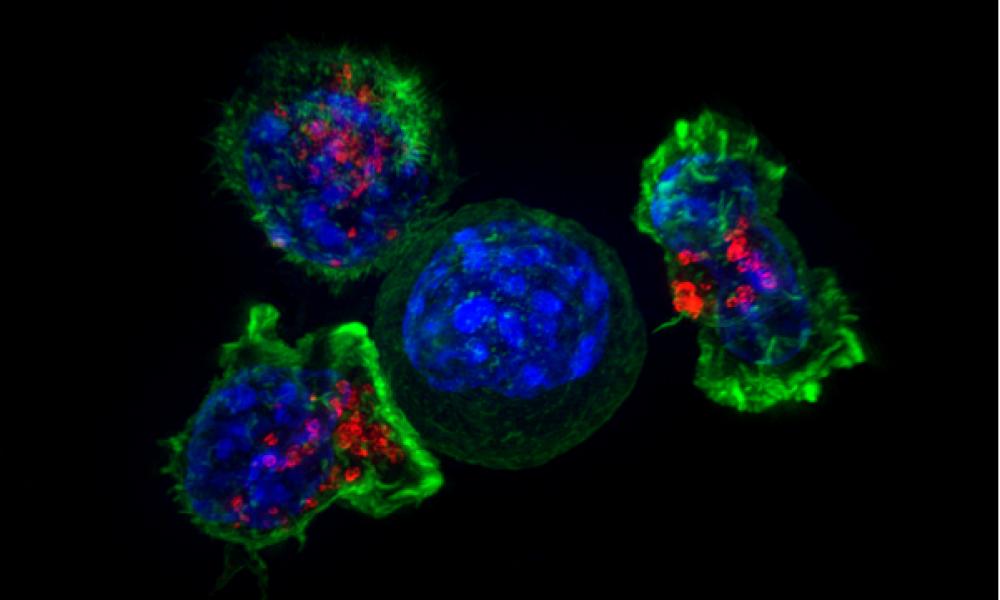
Predicting Patient Response to Cancer Immunotherapy with Neoantigens
A study from the Karsan lab concludes that predicting patient response to immunotherapy is not improved using tumour neoantigen counts from noncoding DNA.
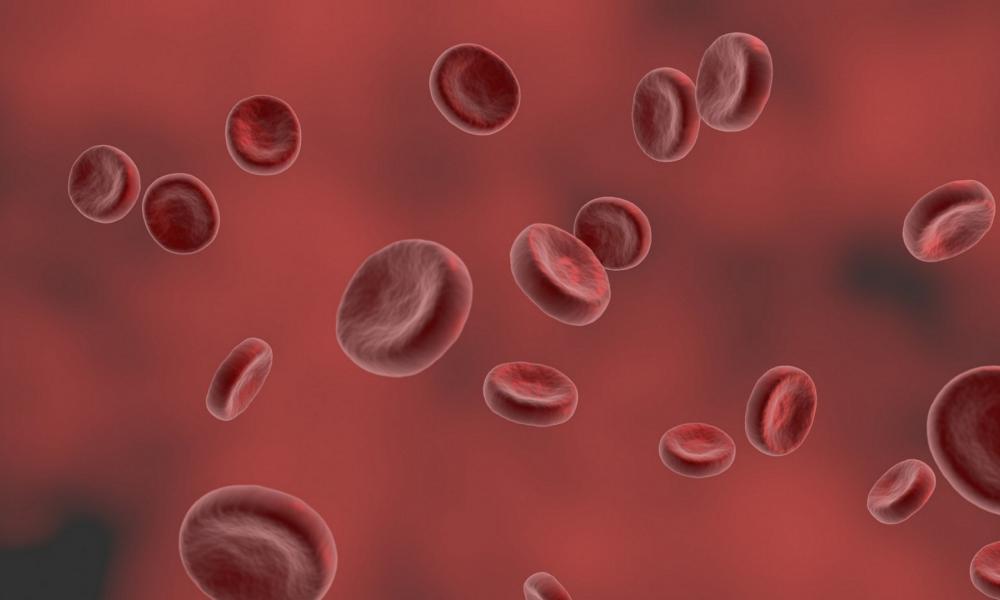
New role for TIRAP protein in the bone marrow microenvironment and preleukemic syndromes
Researchers from the Karsan Lab at the GSC implicate immune-related proteins TIRAP, IFNγ, and Hmgb1 in preleukemic syndrome development and elucidate protein interplay.
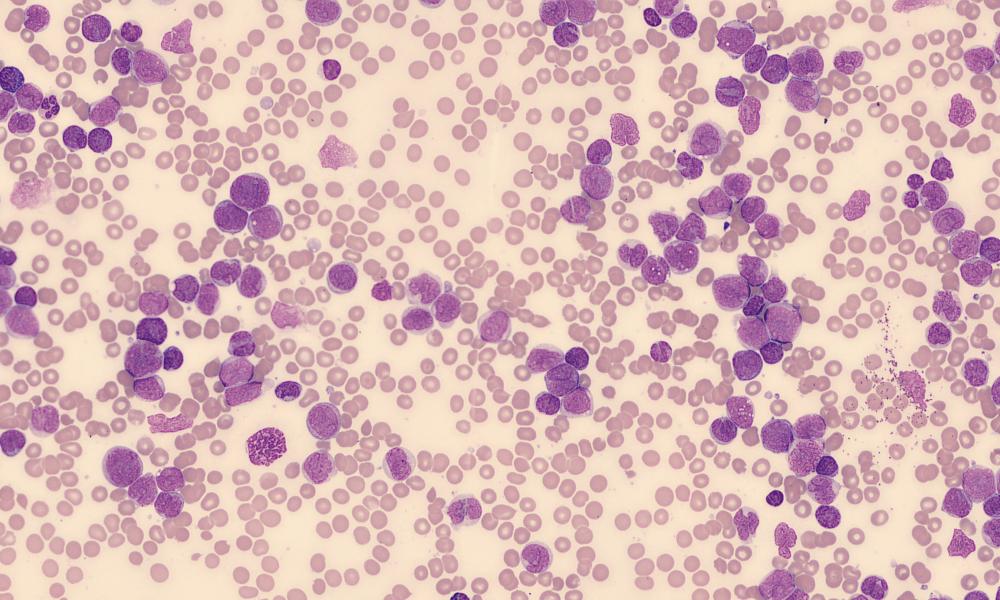
Major scientific and clinical milestones in differentiation therapy for myeloid malignancies
A review of differentiation therapy for myeloid malignancies identifies novel targets for the development of high efficacy drugs with reduced toxicity.
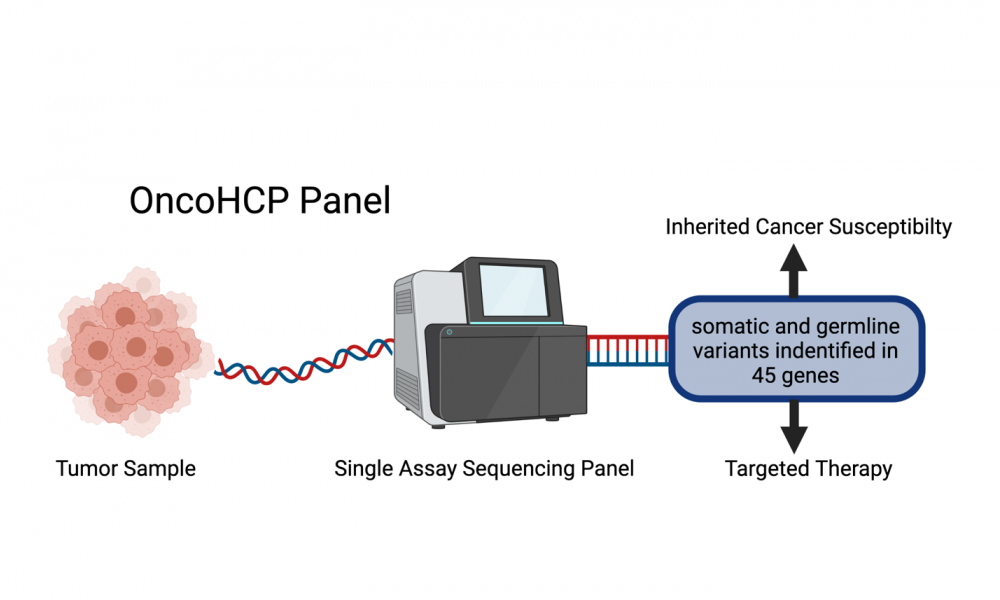
Tumor sequencing panel screens for both somatic and germline changes of clinical significance
The GSC has developed a next-generation sequencing test that can identify both acquired and inherited gene changes in tumor tissue. A paper published in the Journal of Molecular Diagnostics explains how this information can be used in the clinical management of patients with advanced cancers and their families.
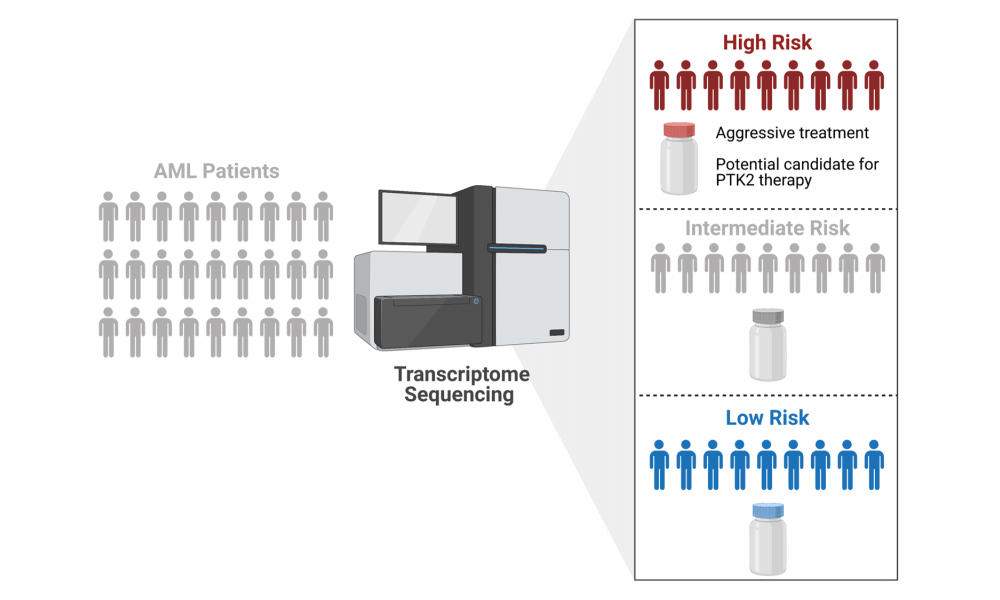
A novel transcriptome-based clinical assay allows for improved risk group stratification of acute myeloid leukemia patients
In a new study published in Nature Communications, GSC researchers used the power of next generation sequencing technologies to develop a clinical test that improves acute myeloid leukemia patient stratification.
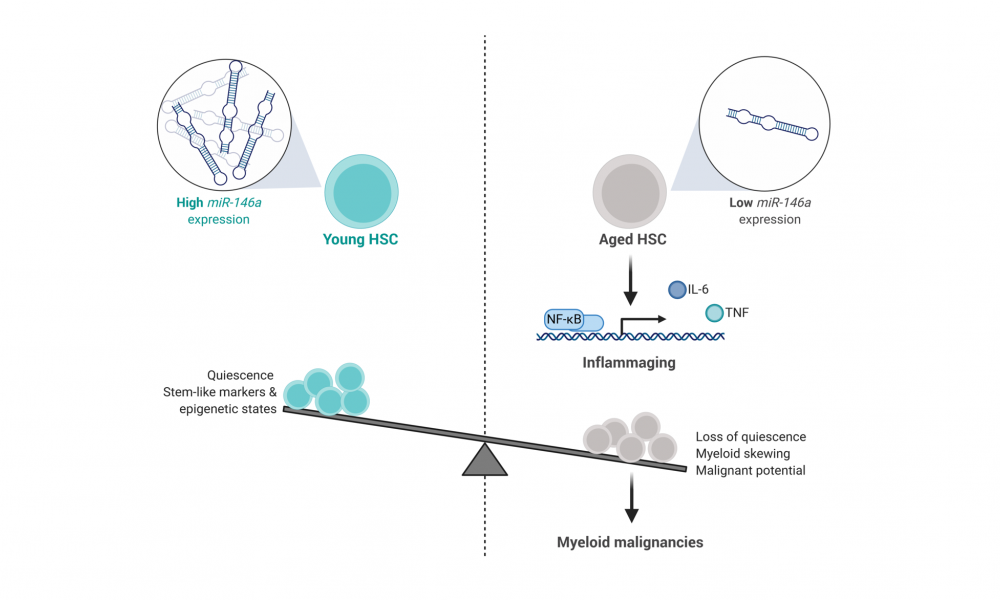
Aging-associated inflammation as a driver of myeloid malignancies
The single most significant risk factor for the development of cancer is age, and researchers have now used transcriptomics to uncover an age-related genetic explanation for blood cancers called myeloid malignancies.
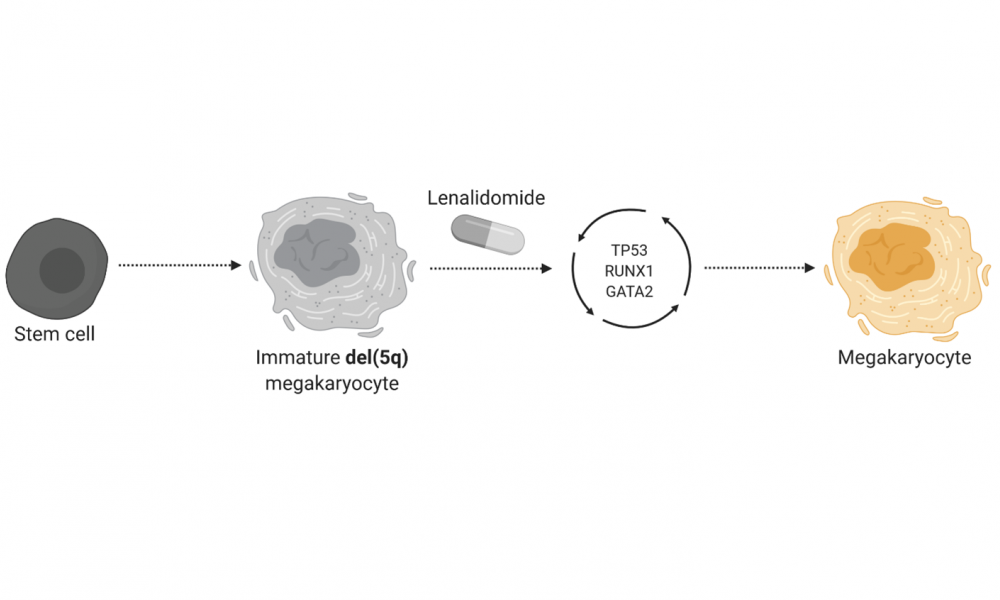
Scientists reveal key insights into drug resistance in patients with del(5q) myelodysplastic syndrome
For myelodysplastic syndrome patients harbouring a particular genetic variant, lenalidomide is the drug of choice. But for about half of these patients, resistance will develop within two years, rendering the drug ineffective. By using DNA sequencing, scientists have now revealed key insights into drug resistance, uncovering a potential strategy for the early identification of patients who may not benefit from lenalidomide treatment.
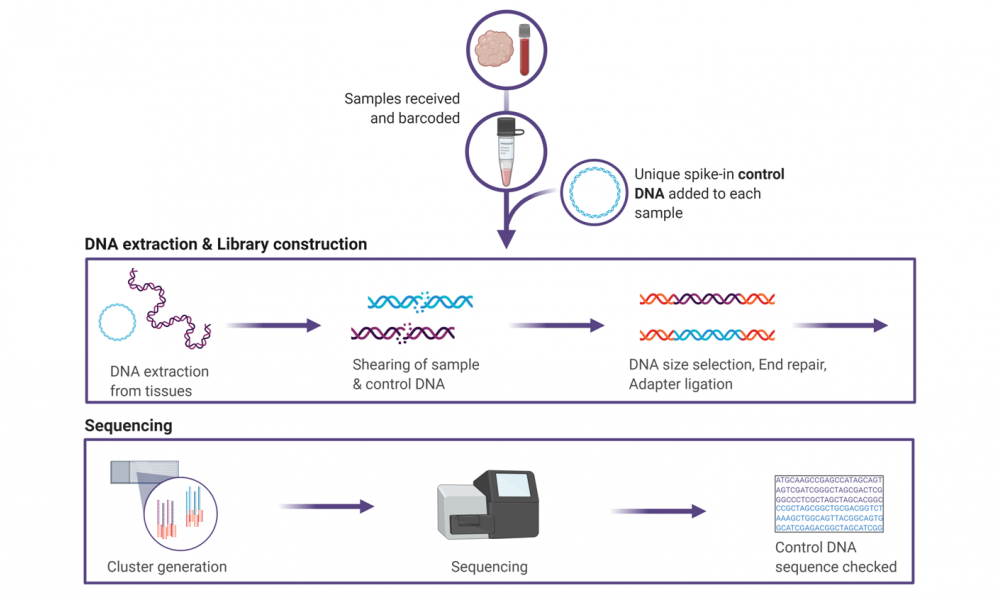
A new DNA-based method for tracking samples through the lab
Researchers at Canada’s Michael Smith Genome Sciences Centre have developed an elegant method for tracking tissue samples through complex laboratory processes using unique DNA identifiers.